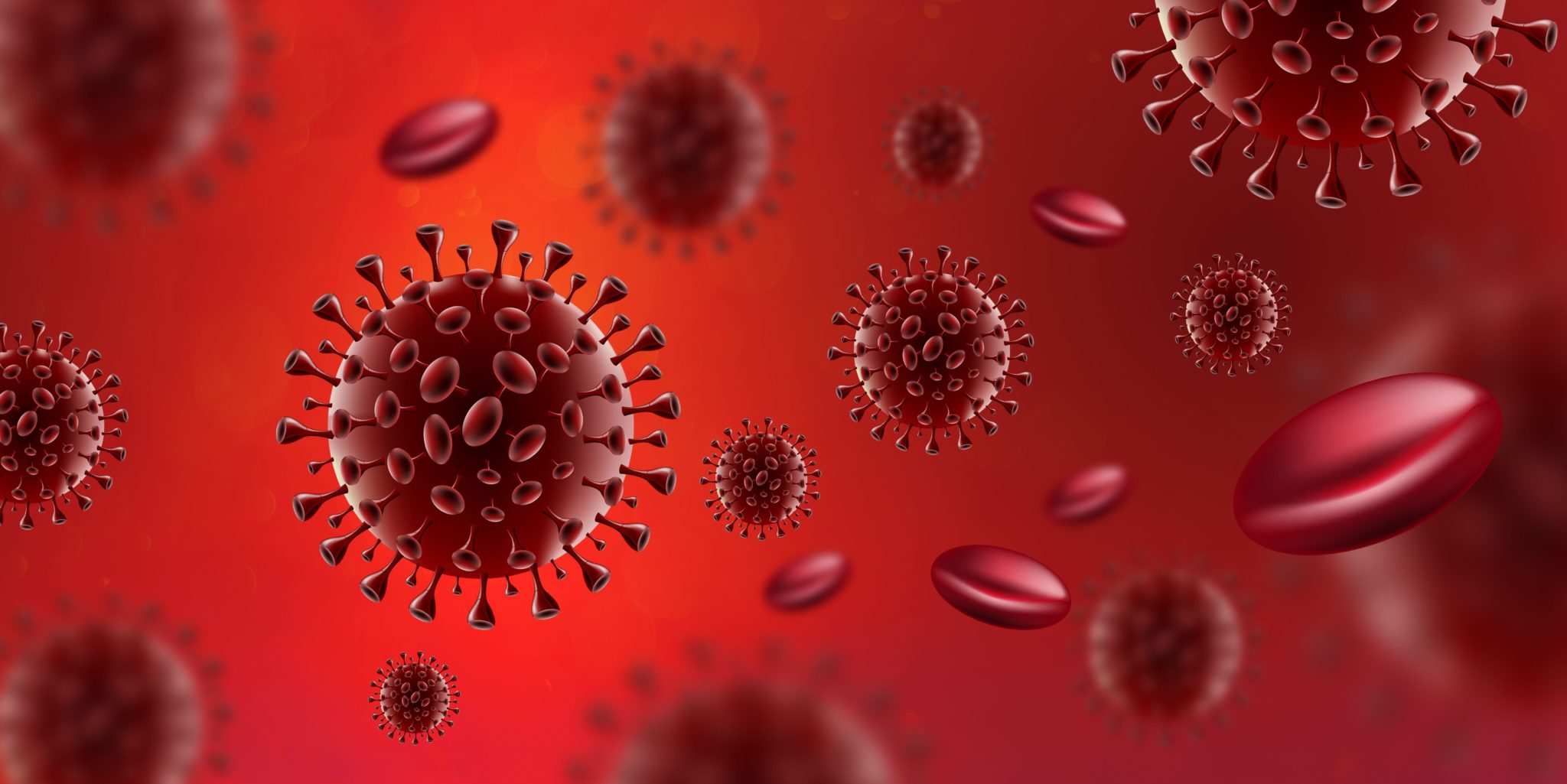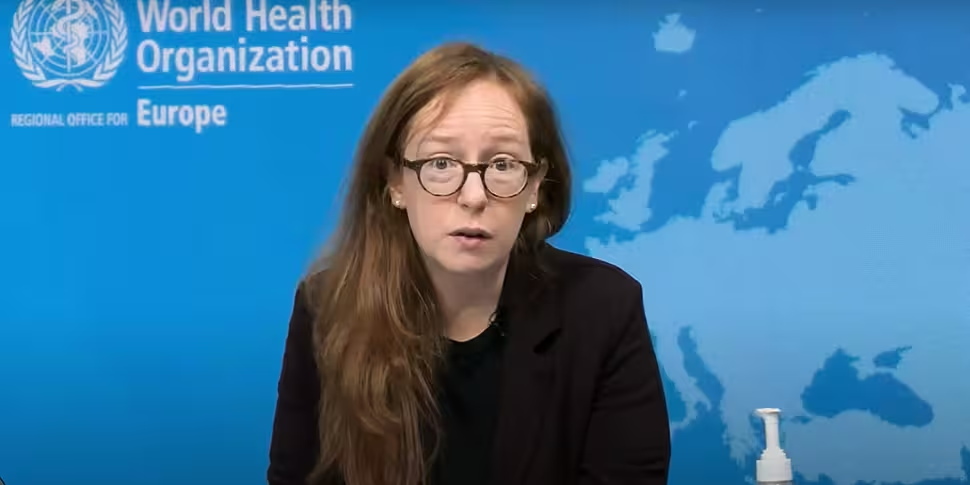Several 'descendants' of the Omicron COVID-19 variant are circulating in Europe at the same time.
That's according to Dr Catherine Smallwood, Senior Emergencies Officer with the World Health Organisation (WHO) in Europe.
She told The Pat Kenny Show several factors are seeing higher cases.
"What we're seeing at the moment, particularly in Europe, is the co-circulation of all of the many descendants of the original Omicron Variant of Concern that was just spreading about this time last year," she said.
 A man holds positive and negative antigen test results in August 2021. Picture by: Rawf8 / Alamy Stock Photo
A man holds positive and negative antigen test results in August 2021. Picture by: Rawf8 / Alamy Stock Photo"We're seeing multiple different sublinages circulate at the same time, rather than one come to dominate the rest.
"We're also seeing a worrying number of recombinant viruses.
"That's viruses where two variants have actually recombined in one single patient, and then gone on to spread as separate viruses.
"We're looking very, very closely at some of these".
XBB.1.5
Dr Smallwood said one of these recombinant viruses - known as XBB.1.5 - is circulating "very, very quickly in the US."
She said they are currently assessing how close this is to original Omicron variant.
"We're really calling on countries to increase their monitoring of new virus variants and report those data to us - as well as any epidemiologic data associated with those variants," she said.
"That means we can look at whether these new variants potentially are leading to higher growth rates, higher hospitalisations.
"For the moment we don't know: for the specific variant of XBB.1.5, in Europe the numbers are still very, very small".
'Population-based' measures
Dr Smallwood said individual measures to help stop viruses spreading can avert the need for population-based approaches.
"This is all about lowering and controlling the level of infections in our populations that enable us to actually go ahead with our day-to-day lives, without having to take any population-based measures," she said.
"In that respect if people want to avoid getting sick - I'm talking about COVID-19, but also talking about flu and RSV - simple things like wearing a mask are really quite effective in ensuring that we're not sick.
"These are pretty easy measures to be taking, and we continue to encourage people to take those small measures."
 Coronavirus. Picture by: Sarayut Thaneerat / Alamy Stock Photo
Coronavirus. Picture by: Sarayut Thaneerat / Alamy Stock PhotoAt 8am on Friday there were 619 people in hospital with COVID - and 36 in ICU.
Dr Smallwood said Ireland's health system is not alone.
"Many, many health systems across western Europe and central-eastern Europe are facing the same issues," she said.
"Facing issues of the combined toll that the respiratory viruses are causing, facing issues of three years of a completely exhausted health workforce... many years of sometimes neglect on the health system.
"So it will not take much to push our health systems over the brink".
She is also calling on countries to resume surveillance of cases.
"We need to step up our own genomic surveillance, we need to step up our own reporting," she said.
"We've had a massive drop in reporting of genomic sequencing around the world and here in Europe, within the EU itself, as well.
"We need to step up," she added.









